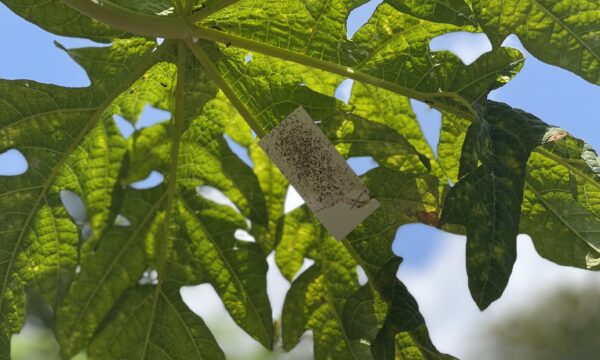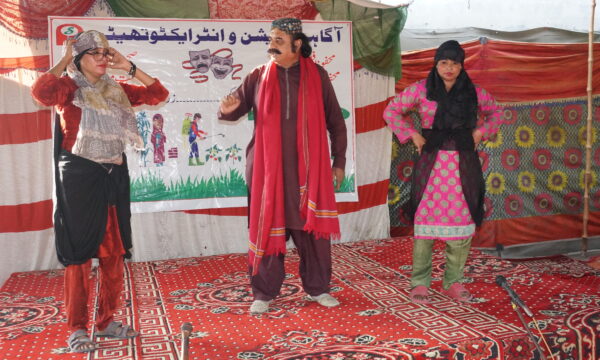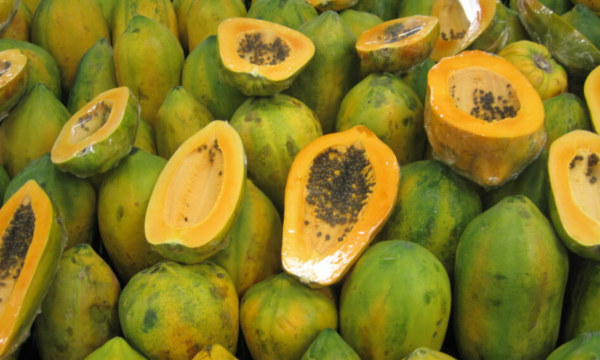
Bee species are particularly affected by the use of insecticides within the agriculture sector (© Pexels)
The world’s most widely used group of insecticides will be banned from all fields within the next six months by the European Union. The use of neonicotinoids will be prevented in any manner with the aim of protecting important insect pollinators such as honeybees which are known to be vital for global crop pollination.
The ban on neonicotinoids was approved by member nations on the 20th April 2018 and is expected to come into force by the end of the year, with the ban stating that these pesticides can only be used in closed greenhouses so to reduce the risk of environmental pollution.
Bees and other pollinator insects are known to be key aspects of agricultural processes, with over three-quarters of global production at risk from the dramatic decline in pollinators over recent years. One of the reasons for this decline in insect pollinators is due to the over-use of wide spectrum insecticides which are used to target crop pests. A report by the European Union’s Scientific Risk Assessors (EFSA) concluded that land contamination is also believed to be a negative result of insecticide use, contaminating soil and water which in turn leads to contaminated crops and flowers which effect bee species.
The lead up to this ban being implemented has had vast support from the public and environmental organisations, with almost 5 million people signing a petition for this ban by the campaign group Avaaz.
Antonia Staats of Avaaz said, “Finally, our governments are listening to their citizens and the scientific evidence, farmers know that bees can’t live with these chemicals and we can’t live without bees.”
However, pesticide manufacturers and some farming groups have accused the EU of being too cautious and have suggested that crop yields will suffer as a result of this ban, a claim that has been rejected by others within the agricultural community. Neonicotinoids are nerve agents and have been shown to cause a variety of harmful symptoms on bee species, such as reducing queen numbers and damaging neurological pathways. The evidence of the damage caused by these pesticides has increased and strengthened over past years, providing further support for bee colony damage across the world.
Martin Dermine, from Pesticide Action Network Europe (PAN) said, “Authorising neonicotinoids a quarter of a century ago was a mistake and has led to environmental disaster. Today’s vote is historic.”
For further information on the potential effects of pesticide use on pollinators, including neonicotinoids, please see the links below:
1 Comment
Leave a Reply
Related News & Blogs
‘Sowing the seeds’ for food security in Uganda: CABI supports training for Quality Declared Seed production
CABI has been working with Zirobwe Agali-Awamu Agribusiness Training Association (ZAABTA), the Ministry of Agriculture, Animal Industry and Fisheries (MAAIF), the National Agricultural Research Organisation (NARO), and Integrated Seed Sector Developmen…
21 May 2025





[…] EU Ban on Bee Killing InsecticidesIn “Agriculture” […]